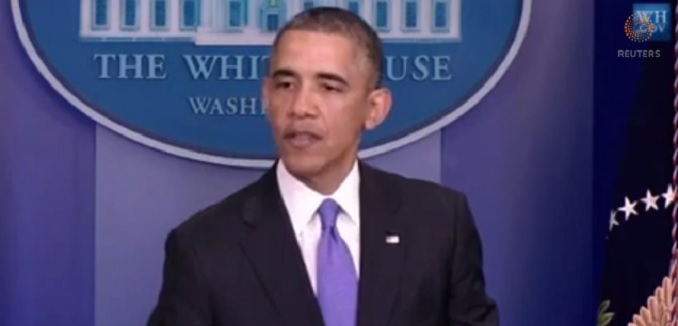Foreign Policy on Thursday assessed that a spike in Iranian oil exports was “raising concerns” that the sanctions relief provided to Iran under the interim Joint Plan of Action (JPA) – which the Obama administration declared would not rise much above $7 billion, and which critics insisted vastly undercounted relief due to a range of rudimentary and eas
The International Energy Agency’s monthly oil report estimated that Iranian oil exports spiked by about 100,000 barrels a day in January. That brought Iranian crude exports to just over 1.3 million barrels per day, worth almost $4 billion a month given the current price of oil.
Iran’s growing oil revenues come amid signs that the Iranian economy more generally seems to be recovering from the darkest days of rampant inflation and a plunging currency, suggesting that the economic stranglehold that U.S. diplomats say pushed Iran to the negotiating table may be waning. The International Monetary Fund said this week that “the pace of contraction in [Iranian] economic activity is slowing” — an assessment that hands a new weapon to opponents of the White House’s interim nuclear deal with Tehran, who have long argued that the agreement was giving Iran too much financial relief.
Obama administration officials had for years maintained that economic pressure could be used to extract sufficient concessions from Iran to put the Islamic Republic’s atomic program beyond use for weaponization, and had more recently had accused pro-sanctions lawmakers of warmongering for trying to provide Western negotiators with more leverage via legislation signaling potential future sanctions. At stake are fears that the relief directly provided by the JPA – coupled with an investment feeding frenzy it appears to have – will be sufficient for Iran to calculate that it can pocket Western concessions and walk away from the table. Patrick Clawson and Mehdi Khalaji, respectively the director of research and a senior fellow at the Washington Institute, had already last November worried that Iranian Supreme Leader Ayatollah Ali Khamenei was “laying the groundwork to walk away from any deal by warning that the West is untrustworthy and will not deliver on its promises,” which they noted are “the same reasons he gave for walking away from the earlier nuclear deals.” Those concerns are likely to be heightened by recent speeches given by Khamenei in which he warned that Washington is untrustworthy and will not deliver on its promises.
[Photo: Reuters / YouTube]




